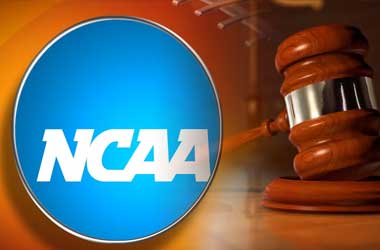 Colorado is in the process of legalising sports betting through “Proposition DD” which will allow online and mobile sports betting in the state.
Colorado is in the process of legalising sports betting through “Proposition DD” which will allow online and mobile sports betting in the state.
The legislation will allow Colorado to impose a 10 percent betting tax on operators. Voters will have their say on whether they want Proposition DD passed and sports betting legalised.
The vote will be decided on November 5 and it is not just about legalising and taxing the sports betting industry.
An additional measure known as Proposition CC, will give the state the opportunity to spend the money instead of returning the money to tax payers.
Colorado has a unique tax-and-spending limitation amendment that has lets it give money back to taxpayers. Based on the current polling results, the proposed measures are doing pretty well as the majority of voters are in favour of it.
Colorado is one of the few states that require voter approval for any additional taxes or an increase in current ones. Plus, there is a limit to how much the state and local government can spend. This is due to an amendment passed back in 1992, which is unique among the many states. The limit is calculated depending on the current inflation rate and the state’s population. The excess is then refunded to the local taxpayers.
Current analysis predicts that when sports betting becomes legal, the state would be able to raise $16 million every year for the first five years. A large part of that revenue will go into funding Colorado water projects and other water-related obligations.
The remaining amount will be split between funding gambling addiction services. Another part will reimburse the other gambling services in the state. It is projected that traditional gambling and horse racing will suffer a decrease in revenue due to sports betting and hence they need some compensation to offset their losses.
Spending Tax Money
The additional vote on November 5 will allow the Colorado state government to keep all of the money it collects from all existing sources instead of refunding the extra for the budget year of 2019-2020. The fund will mainly go to education funding and transportation improvements.
According to calculations, the next year’s excess will be $264.3 million. Normally, this would become tax refunds in Colorado but if Proposition CC passes then the state keeps all the money. Critics of the measure say that this would potentially ruin future tax refunds, while supporters say that the money should be used to invest into the state.

 United States
United States United Kingdom
United Kingdom














